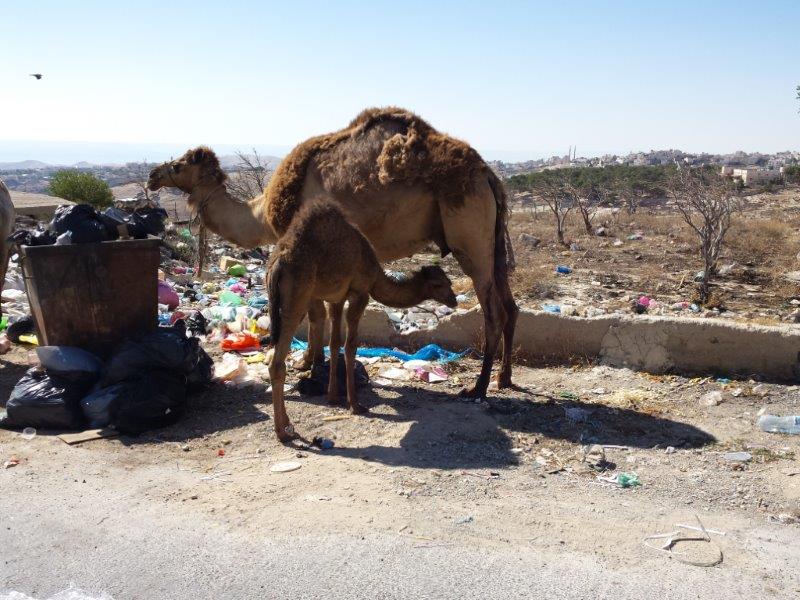
The Bedouins have a culture that was often stereotyped, as being essentially nomadic, despite the fact that many Bedouins live sedentary lives. Throughout the years, attitudes toward Bedouins have been ambivalent. The Bedouins where at times idealized, with Arabic language and Arab identity having their roots in Bedouin life. At other times Bedouins were denigrated, because of the arduousness of their life, simplicity and roughness of character, and aspects of their religious and moral ideas (Leder, 2005). The Bedouins tend to live according to a traditional value pattern, with emphasis on survival; cf. value dimensions by Inglehart (2006). For the Bedouins, the individual seems to be embedded in collectivity, with responsible behavior being achieved through hierarchy (instead of egalitarianism), whereas in their relationship with the environment emphasis seems to be on harmony (over mastery); cf. value dimensions by Schwartz (2011). For the Bedouins, the honor code is central both in cultural ideology as for the individual (Abu-Lughod, 1985). Among the Bedouins, as among many traditional cultures, the practice of blood vengeance still exists, despite the fact that it is illegal in most countries of the world (Al-Krenawi & Graham, 1997).
In many regions, there have been clashes between the Bedouins and the local authorities over issues of land and resources. It was suggested that “only seldom can pastoral nomads and state governments reach an agreement over land issues and resource utilization. While governments attempt to impose their control over nomads, the latter wish to avoid it by all means. The opposing forces stem from conflicting ideologies and opposing forms of space production” (Meir, 1988, p. 251)






